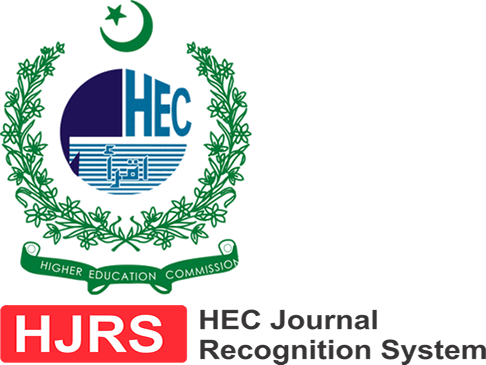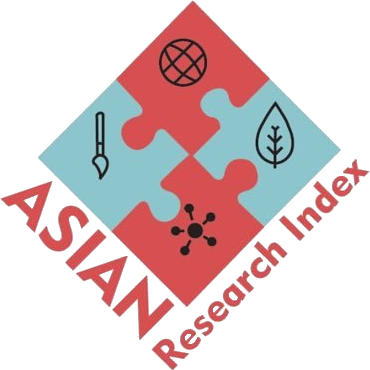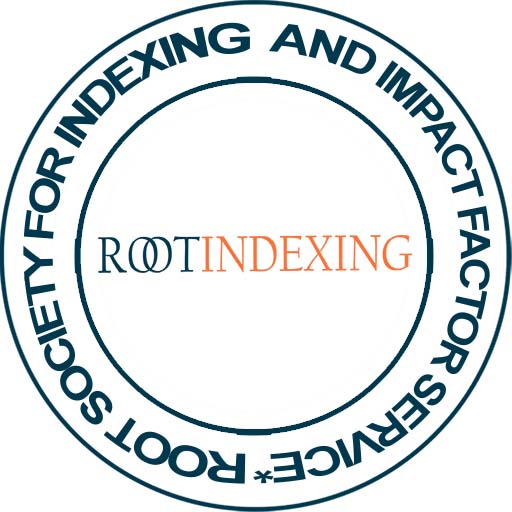وحی ا ور اس کی حفاظت سے متعلق مستشرقین کے نظریات و افکار کا جائزہ
A REVIEW ORIENTALIST THOUGHT REGARDING REVELATION AND ITS PRESERVATION
Keywords:
Revelation, Quran, Sunnah, Thought, Wisdom, objectionsAbstract
Human guidance is not solely reliant on reason and observation; rather, revelation is an essential necessity for proper guidance. The need for revelation arises precisely in instances where reason and senses cannot assist. Therefore, it is not necessary for every aspect of revelation to be comprehensible through reason alone. Just as determining the color of an object does not require reason but is a matter of direct perception, similarly, the knowledge of religious beliefs is derived from revelation rather than pure intellect. Relying solely on reason for understanding these beliefs is not appropriate. Consequently, if one has faith in the complete wisdom of Allah, it must also be acknowledged that the comprehensive system established for guiding His servants is termed revelation. Thus, revelation is not just a religious belief; it is also a rational necessity, and denying it is essentially rejecting divine wisdom. The Orientalist approach in this regard needs a special focus, liable to evaluated in the light of Qur’an and Sunnah. The following research discuss the same. But it is a strange thing that in all of them, only in relation to the revelation revealed to the Holy Prophet, PBUH the Orientalists raised various kinds of objections. In which the revelation was the unconsciousness of the Prophet PBUH, the conditions of its revelation were epileptic, the spiritual events were fallacies and the Qur'an has been described as a book containing the teachings of Judaism and Christianity. Their intention with such objections is to make Muslims doubt the truth and authenticity of divine revelation.
References
عینی، بدرالدین، محمودبن احمد، عمدۃ القاری، دارالفکر،بیروت،س ن، 114
الزبیدی، محمد مرتضیٰ الحسینی، تاج العروس ، مطبوعہ کویت، 1389 ھ بمطابق 1949ء، 10385
الأعرجی، ستار، الوحی ودلالتہ فی القرآن الکریم والفکر الأسلامی، دارالکتب العلمیۃ بیروت، 1421ھ، ص14
الأصفہانی، راغب، حسین بن محمد، المفردات فی غریب القرآن، مكتبة نزارمصطفى الباز، ص 515
الزرقانی، عبدالعظیم، شیخ، مناھل العرفان فی علوم القرآن مطبوعہ دارالکتاب العربی، 163
المناوی، عبدالرؤف، فیض القدیر شرح جامع الصغیر، مطبوعہ دار المعرفۃ، بیروت، لبنان 1391ھ/1972ء، 2450-451
السہیلی، ابو القاسم، الروض الأنف،دار احياء التراث العربي ، بيروت، 1 153-154
العسقلانى،ابن حجر، فتح الباری ،دارالعرفۃ، بیروت،2005ء ، 140
الجوزی، ابن القیم، حافظ،زادالمعاد فی ھدی خیر العباد، مطبوعہ مؤسسۃ الرسالۃ، بیروت، مئی 2015، 140-41
Alloys Springer, The Life of Muhammad: From Original Sources, Presbyterian Mission Press, Allahabad, Page: 78-80
عرجون،محمدالصادق، محمد رسول اللہ منہج ورسالۃ، مطبوعہ دارالقلم، کویت، 2017ء، ص143
محمد رضا، محمد رسول اللہ، دارالکتب العلمیہ بیروت 1975ء ص25
خان، سرسید احمد، سیرت محمدی، مکتبہ الکوثر کراچی، س ن، ص 230
خان، سرسید احمد، سیرت محمدی، ص 230،231
أيضا، ص230
الازہری،پیر کرم شاہ، ضیاؤالنبیؐ، مکتبہ ضیاءالقرآن، لاہور 1418ھ،2199
أيضا: 2/200
أيضا: 2/200
William Miur, Muhammad and Islam, Religion traced society, London, page : 22
أيضا، ص24
ایضاً،ص24
وجدی، محمد فرید، دائرہ معارف القرآن العشرون، مکتبہ علمیہ جدیدہ بیروت،5468
فنک اینڈ ویگنلز نیوانسائیکلوپیڈیا،فنک اینڈ ویگنلز پبلیشرز امریکہ 1995،9320
زکریا، ہاشم زکریا، المستشرقون والأسلام، المجلس الأعلی للشؤن الأسلامیہ 1965، ص181،182
William Miur, Muhammad and Islam, page : 24
Edward Gibbon, The Decline and fall of the Roman Empire, 1976,2705
Devan pout jone ،Apology for Muhammad and Quran Dray & Sons London, page:246
Theodore Noldeke , The Quran: An Introductory Essay, USA, Interdisciplinary Biblical Research Institute, 1992, Page:5
William St, Clair Tisdall, The Original Source of Quran, London: Society for promoting Christian Knowledge, 1905, Page:6
Arthur Jeffery, Material for the History of the text iof the Quran, The Old Codices, UK: E.J. Brill,1937, Page:5
Montgomery Watt, Muhammad at Mecca, UK: Oxford University Press.1960, Page:52-53
سورةا لعنکبوت: 48
القشیری، مسلم بن حجاج، الجامع الصحیح،، دار احياء التراث العربی، بیروت، 123
مثال کے لیے دیکھیے: الحاقہ 40-43، البروج 20-21
Watt Montgomery, Muhammad at Mecca, Page:80
ایضاً، ص 13
The Qur'an. Translated, with a critical re-arrangement of the Surahs 2 vols, Edinburgh University Press, 1939, The Origin of Islam in its Christian Environment; The Gunning Lectures. Edinburgh University Press, 1925
Watt Montgomery, Muhammad The Prophet and Statesman, Oxford University Press, Page: 17
خان، سرسید احمد، تفسیر القرآن مع اصول تفسیر، لاہور: دوست ایسوسی ایٹس، 1995، ص،525
قادیانی، غلام احمد، مرزا، تفسیر سورۃ الفاتحہ، ربوہ، دار المصنفین، ص 25،26
Published
How to Cite
License
Copyright (c) 2024 AL MISBAH RESEARCH JOURNAL

This work is licensed under a Creative Commons Attribution 4.0 International License.
AL-MISBAH Research Journal is full open access and licensed under Creative Commons Attribution 4.0 International License; and Published by: Research Institute of Culture & Ideology (REINCI), Islamabad, Pakistan. This allows the research community and the general public to gain unlimited, free and immediate access to scholarly articles, and to reuse the content freely provided that proper attribution is given to the original authors.










